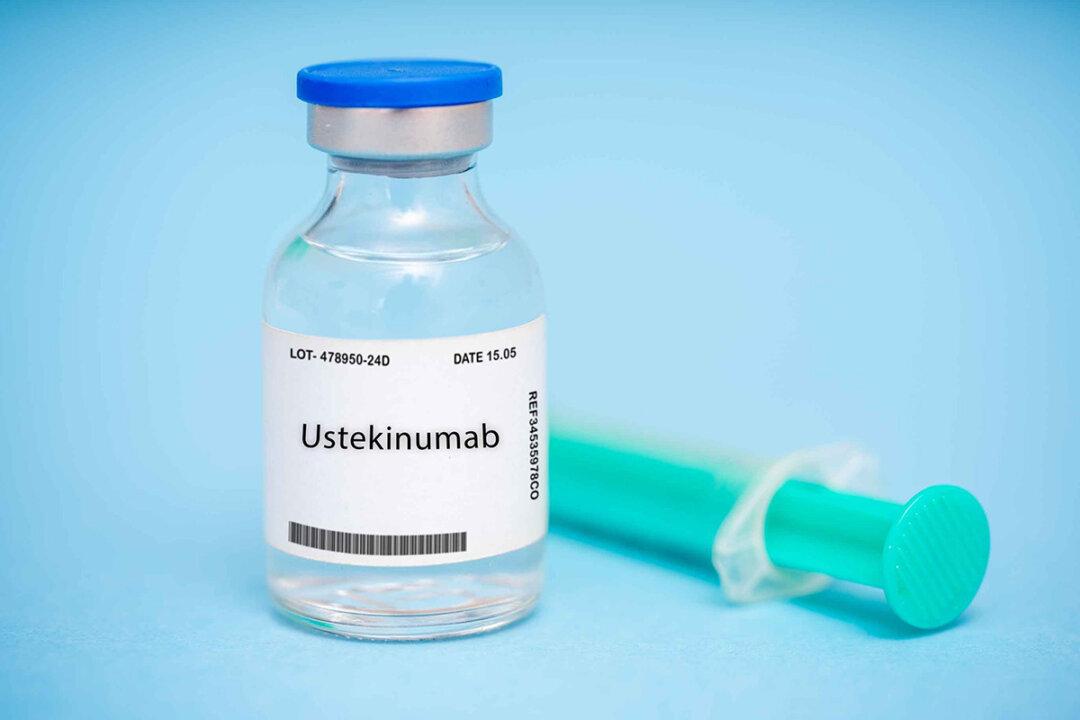Researchers have discovered a link between the gut and skin health that could be helpful in managing atopic dermatitis, a chronic inflammatory skin disease that affects about 10 percent of adults and 25 percent of children.
What Is Atopic Dermatitis?
Atopic dermatitis is more commonly known as eczema. It’s a fairly common condition that is characterized by itchy, dry, and inflamed skin. Although it often begins in childhood, atopic dermatitis can affect people at any age. The number of cases of atopic dermatitis has risen over the years, especially in the 21st century.While atopic dermatitis is often a chronic disease, the American Academy of Dermatology notes that sometimes the disease goes away on its own. When it does become chronic, there are ways for patients to prevent the symptoms of the disease from getting worse; the more severe the symptoms become, the harder the disease is to treat.
Gut–Skin Link
Studies, such as the ones reviewed by this research team at the University of Sao Paulo and the Federal University de Sao Paulo, show that skin conditions such as atopic dermatitis, acne, and psoriasis are often linked to imbalances in the gut and are often triggered by gut inflammation.Trillions of microorganisms make up the microbiota of our body. These include bacteria, fungi, parasites, and viruses. Most of the microbiota are helpful, but some can be harmful.
Usually, the microbiome works in harmony, especially when the body is healthy. If there is a disturbance in the microbiome, a microbial imbalance, known as dysbiosis, occurs, making the body more susceptible to disease.
In the review of research related to atopic dermatitis, the team determined that dysbiosis occurs in the microbiome of these patients; specifically, individuals have higher counts of specific bacteria, including Clostridium difficile, Escherichia coli, and Staphylococcus aureus in their gut than healthy individuals.
Alternatively, atopic dermatitis patients have smaller bacteria counts of Bifidobacteria and Bacteroidetes than people without atopic dermatitis. These types of bacteria are known as short-chain fatty acid-producing bacteria. Short-chain fatty acid-producing bacteria favor environments that are rich in indigestible fibers. They play a critical role in keeping a person healthy, according to scientists, by reducing inflammation and regulating immune response.
Researchers have said that too little short-chain fatty acid bacteria can cause inflammation in the gut. This inflammation can reverberate throughout the body, including on the skin.
Efforts to correct gut imbalances may include taking probiotics or prebiotics, the research team noted. Additional therapeutic approaches to correct the gut–skin axis, including changes to the diet, can help ensure a person avoids allergens that trigger gut inflammation.






